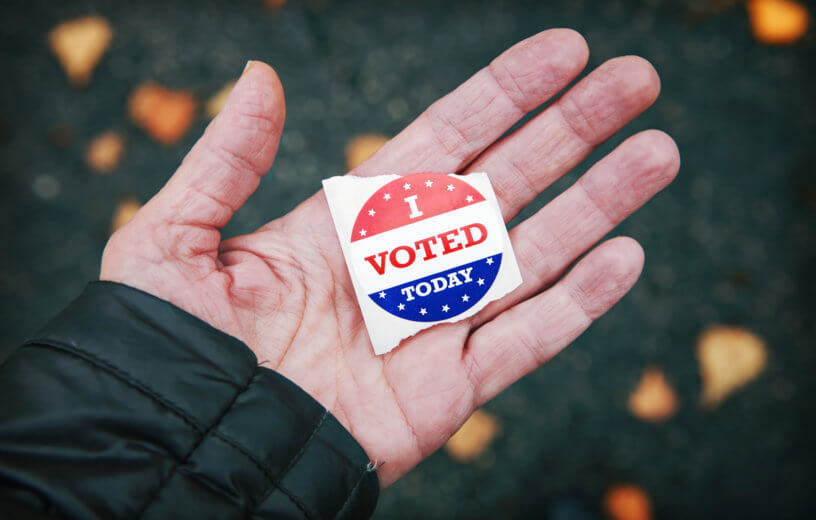LINCOLN, Neb. — When it comes to the blending of religion and politics, conservatives have long been seen as staunch believers in organized religion, while liberals are largely expected to take a more secular approach. However, a new study conducted at the University of Nebraska-Lincoln is proclaiming that was then, and this is now. Researchers say non-religious voters in 2020, which make up an incredibly significant 23% of the U.S. population, vary greatly in their political allegiances.
On a practical level, these findings mean that conservative candidates would be wise not to automatically assume their supporters are only comprised of religious-minded individuals. At the same time, liberal candidates may be doing themselves a disservice by presuming they will run away with the secular vote in their respective election.
Researchers separated more secular voters into three distinct categories: atheists, agnostics and “nothing in particulars.” Over the course of the study, atheists and agnostics were more likely to lean left in their politics, while nothing-in-particulars were more likely to vote conservative. It’s worth mentioning the nothing-in-particulars were the largest analyzed group in the study.
“As you would expect and as past research has shown, non-religious Americans as a whole are less likely to be Republican, more likely to be Democrat,” explains sociologist Philip Schwadel in a medi release. “But when we break it apart, it’s really the atheists and agnostics who are especially likely to be Democrats, while those who are nothing in particular fall in between the (religiously) affiliated, who are significantly more likely to be conservative, and the atheists and agnostics.”
Another interesting finding was that those who described their religious beliefs as “nothing in particular” largely appeared to be uninterested in politics. This group was identified as the least likely to have voted in the 2016 presidential election.
“They were also the least likely, even when compared to the religiously affiliated, to have talked about politics,” Schwadel adds.
Historically, the Republican party has largely ignored secular voters during campaign initiatives, but these findings indicate that may be a major mistake moving forward.
“It’s possible that in the future, the Republican Party may be able to count on them as a constituency, but unfortunately, they’re relatively uninterested politically,” Schwadel explains. “It would be up to the party to mobilize them.”
In a more broad sense, this study illuminates the fact that as the American people themselves change and evolve over time, what works in politics and elections will change as well.
“Now that this group is one of the largest religious groups in our country, as political pollsters, political scientists, the media make political projections, I think it’s important that they understand this group of non-affiliated Americans is not a monolithic group, they’re not all the same,” Schwadel concludes.
Of the three non-religious groups, agnostics were identified as the most politically active, most likely to vote, and most often told researchers they feel “politically isolated” from their loved ones.
The study is published in the Journal for the Scientific Study of Religion.
